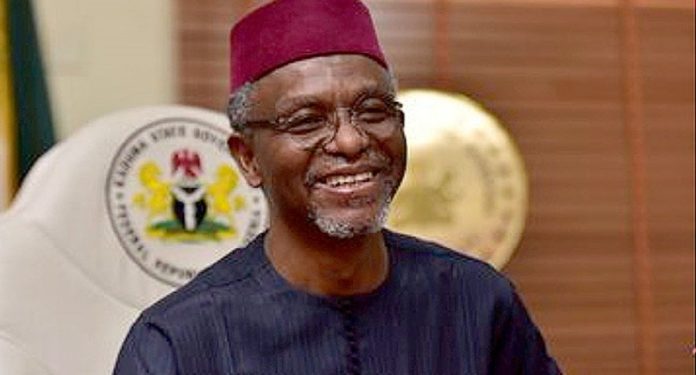By: Daure David
In the turbulent terrain of Nigerian politics, where power is often won not by persuasion but by pressure, the opposition’s persistent softness has become its Achilles’ heel. The All Progressives Congress (APC), emboldened by fragmented resistance and diplomatic politicking, continues to dominate the national landscape. But one man Mallam Nasir El-Rufai is rewriting the script.
El-Rufai, the former Governor of Kaduna State, has emerged as a fiery voice of dissent, unafraid to challenge the APC’s stronghold. His recent defection to the African Democratic Congress (ADC) and blistering critique of President Tinubu’s administration as “incompetent, clannish, and dangerous to Nigeria’s future” have sent shockwaves through the political establishment. Unlike many opposition figures who tiptoe around controversy, El-Rufai charges headfirst into it, wielding boldness as his weapon.
While Peter Obi and Atiku Abubakar remain central figures in the opposition, their gentlemanly approach marked by press briefings, and cautious diplomacy has yet to shake the APC’s foundations. Nigerians are growing weary of polite politics. They crave conviction, confrontation, and clarity. El-Rufai’s style, though abrasive, resonates with a populace desperate for change.
The APC’s response to El-Rufai has been predictably vicious. Party spokesperson Felix Morka labeled him a “political clown” and accused him of harboring “oversized ego and desperate ambition”. But these attacks only underscore the threat El-Rufai poses. He’s not just criticizing; he’s mobilizing. His grassroots campaign in Sokoto drew massive support, signaling a shift in northern political dynamics.
To unseat the APC in 2027, the opposition must evolve. It must shed its diplomatic skin and embrace a more assertive posture. This doesn’t mean abandoning civility or democratic principles it means matching APC’s ruthlessness with strategic boldness. It means building coalitions, confronting failures head-on, and speaking the language of urgency that Nigerians understand.
El-Rufai’s courage is not without flaws, but it is a necessary antidote to the opposition’s inertia. If Obi, Atiku, and other leaders truly seek to rescue Nigeria from what El-Rufai calls “poor governance and failed leadership,” they must stop playing defense and start playing hardball.
The time for gentleman politics is over. The battle for Nigeria’s soul demands warriors, not diplomats.







